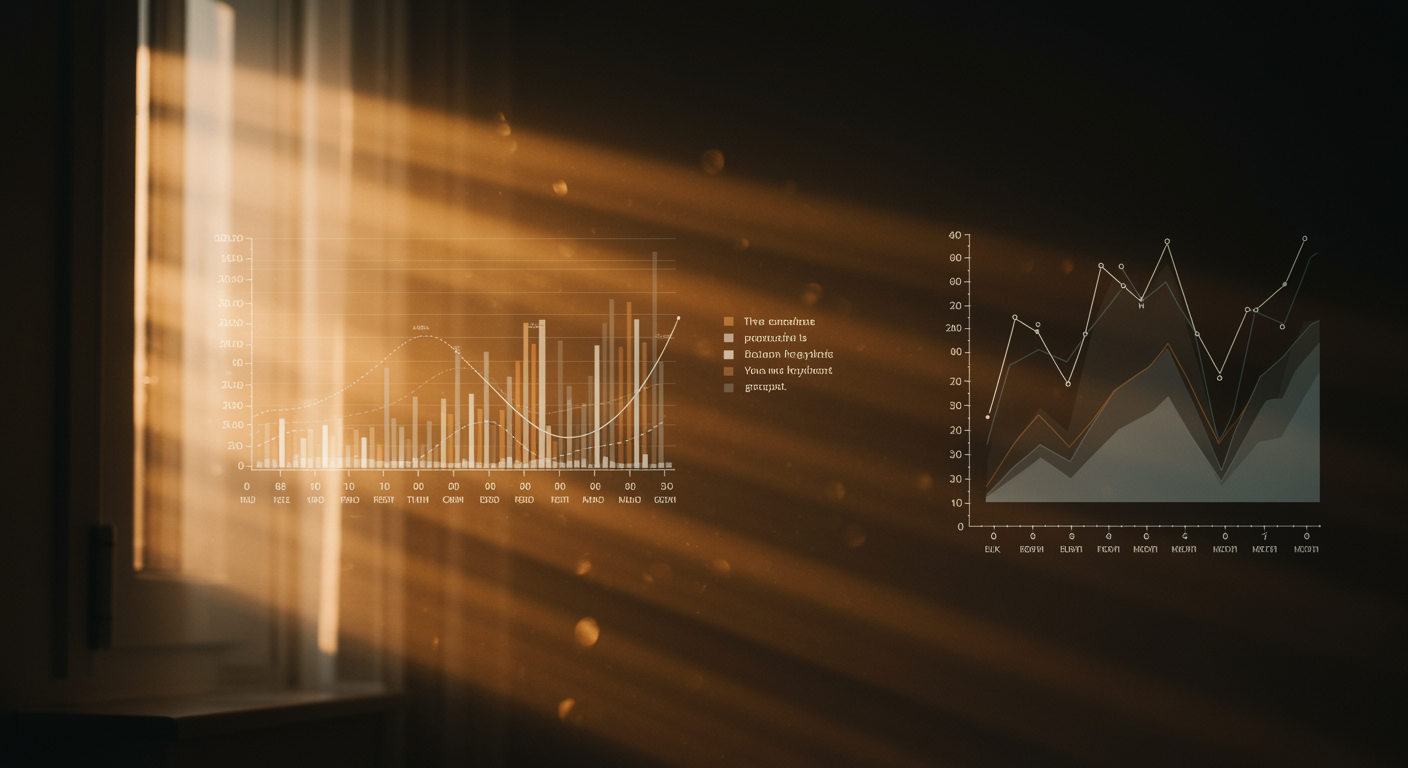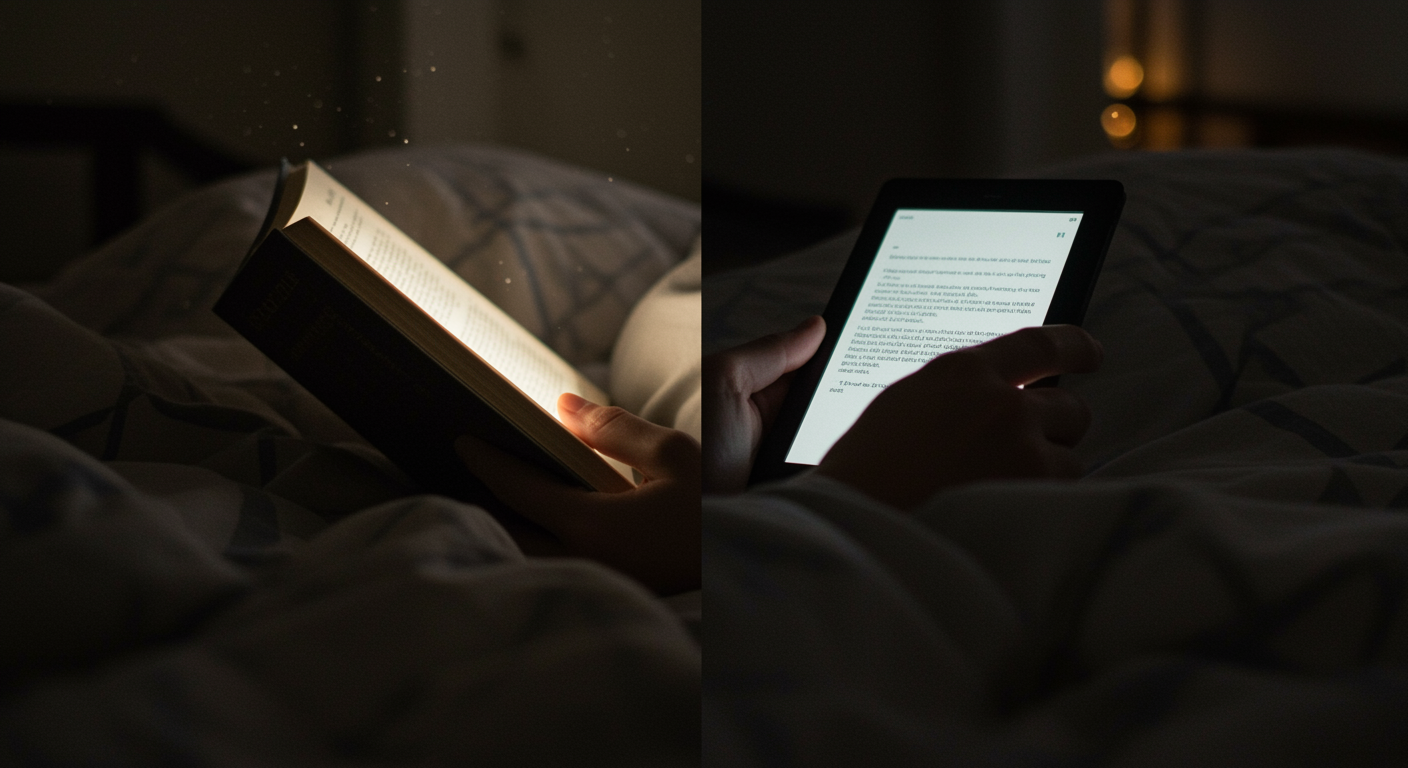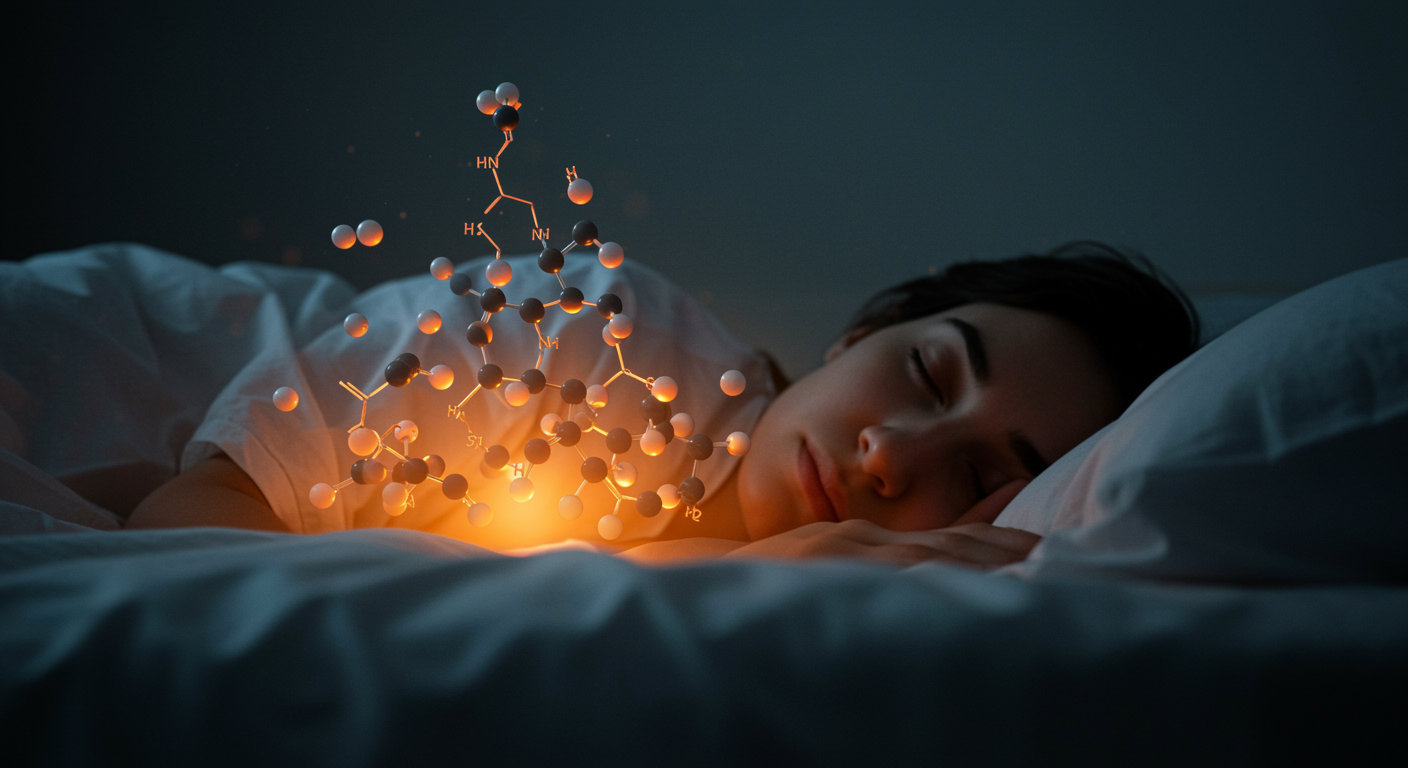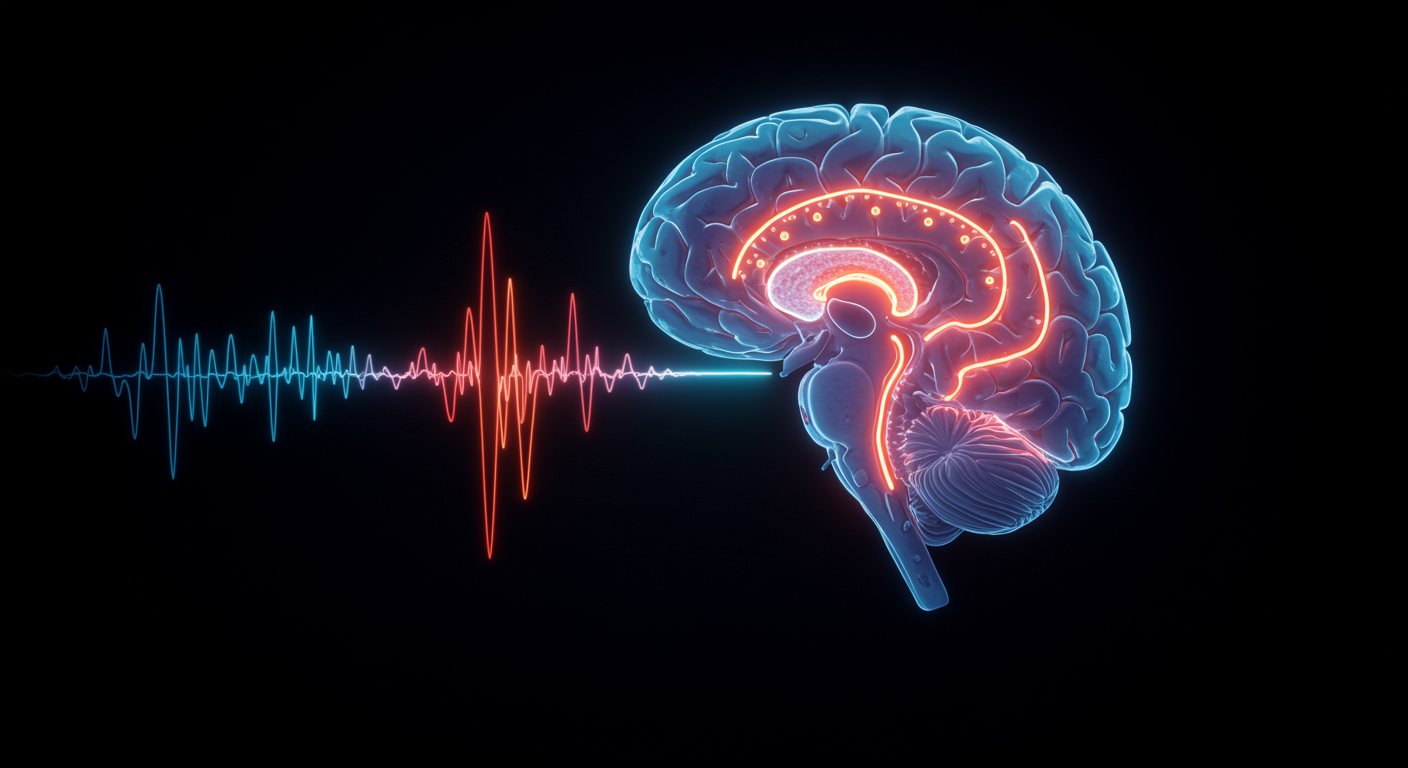Circadian Rhythms and Depression: Time to See the Light
How Do Circadian Rhythms Affect Depression and Mood?
Circadian rhythm disruption plays a fundamental role in mood disorders, with up to 80% of depressed patients showing abnormal sleep-wake cycles, altered melatonin production, and dysregulated cortisol patterns. Restoring healthy circadian rhythms through light therapy, sleep scheduling, and chronotherapy can significantly improve depression outcomes, often as effectively as traditional antidepressants.
Dr. Kumar’s Take
The circadian-depression connection represents one of the most actionable insights in mental health - we can literally use light and timing to treat depression. This isn’t just about “getting better sleep,” but about resetting fundamental biological clocks that govern mood, energy, and brain function. Understanding circadian medicine opens powerful, non-pharmaceutical treatment options that work with our biology rather than against it.




